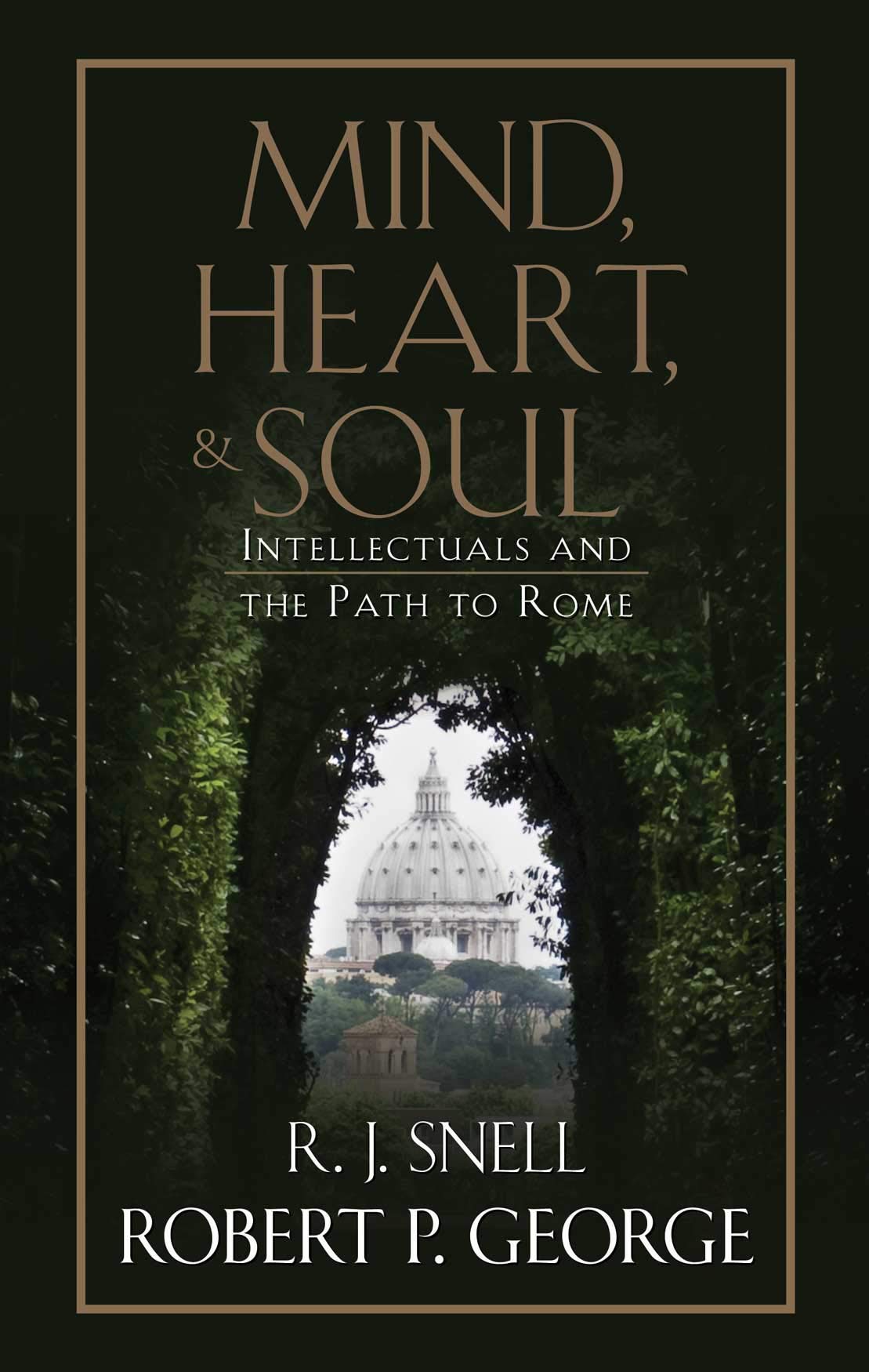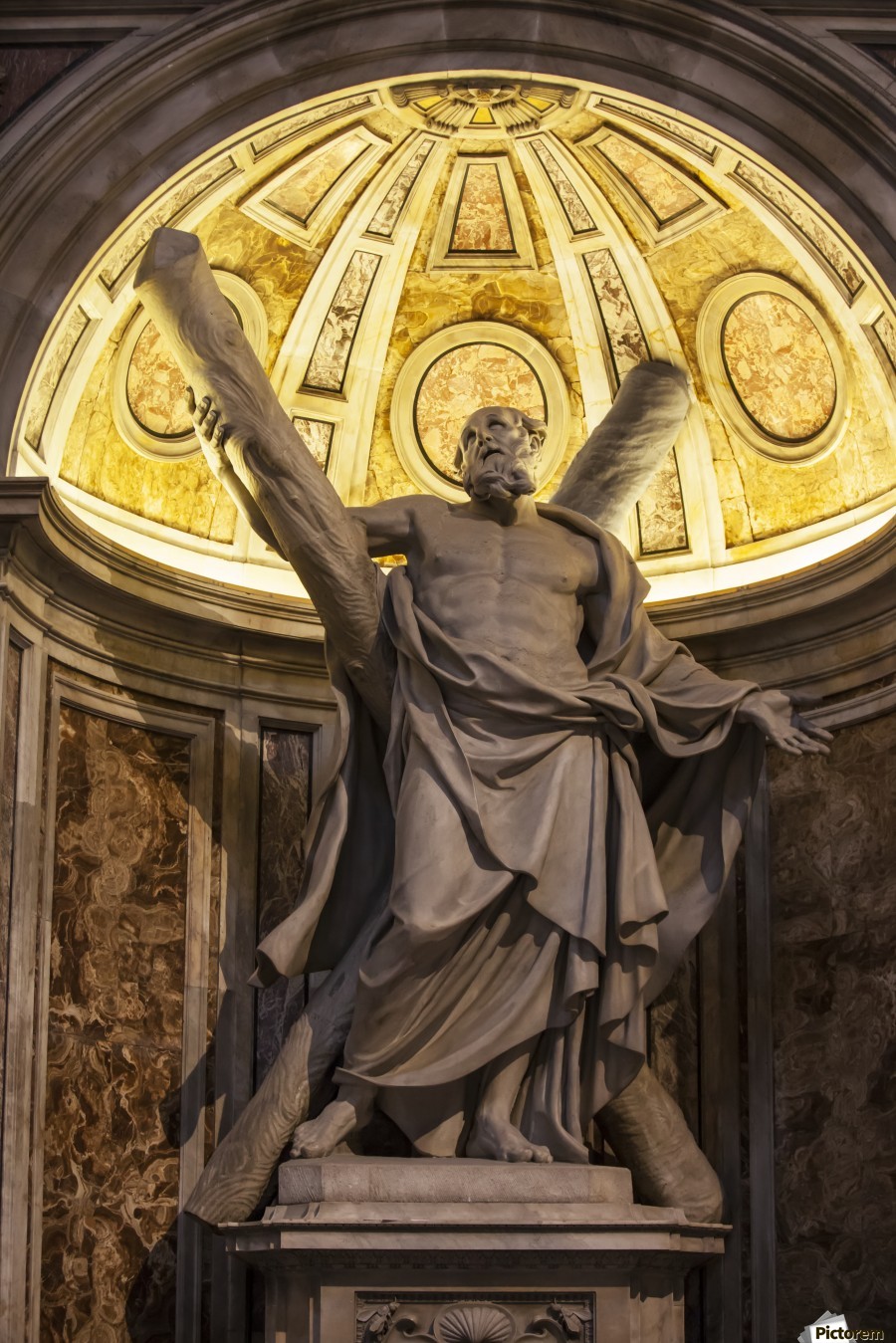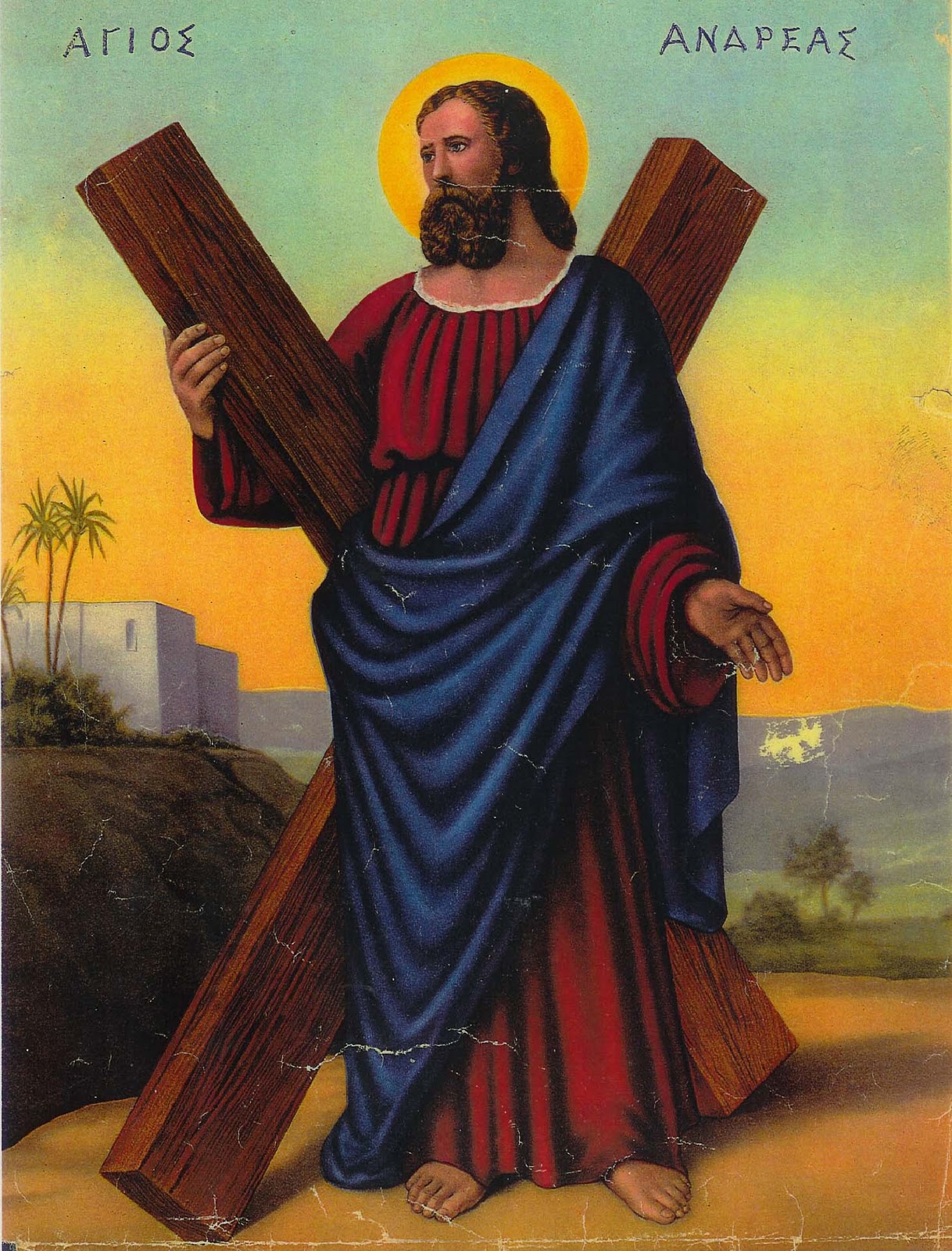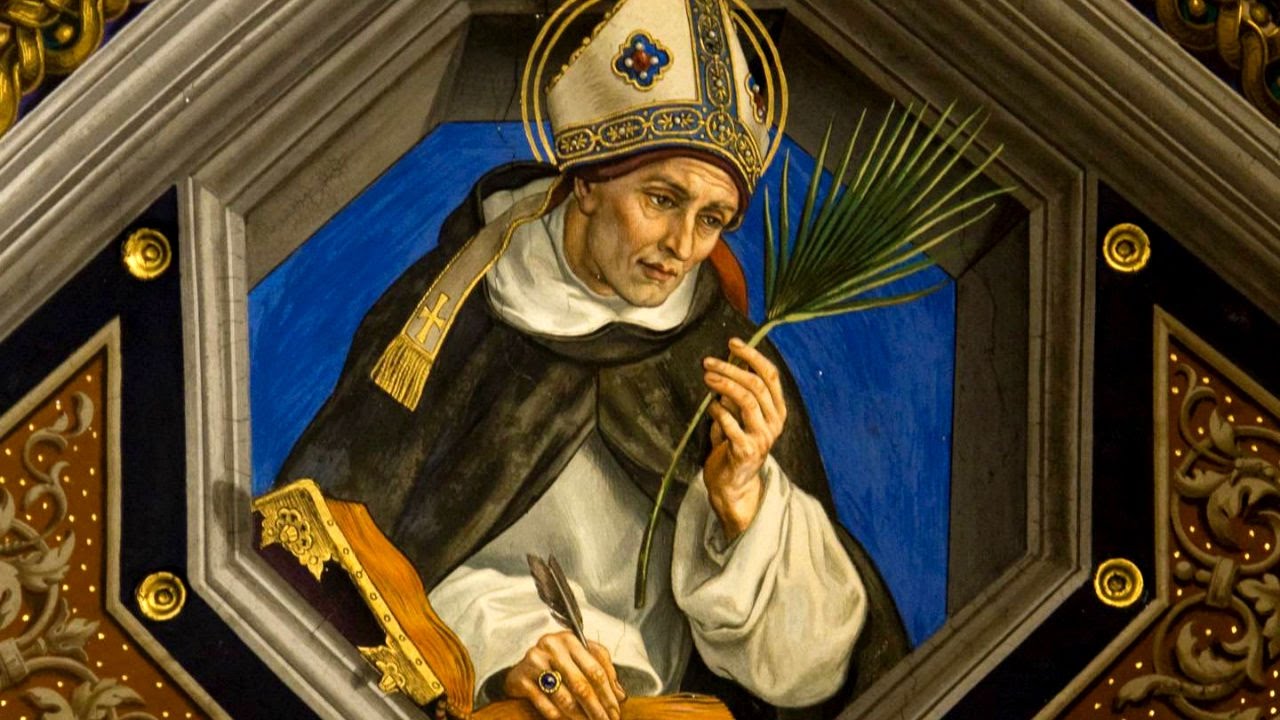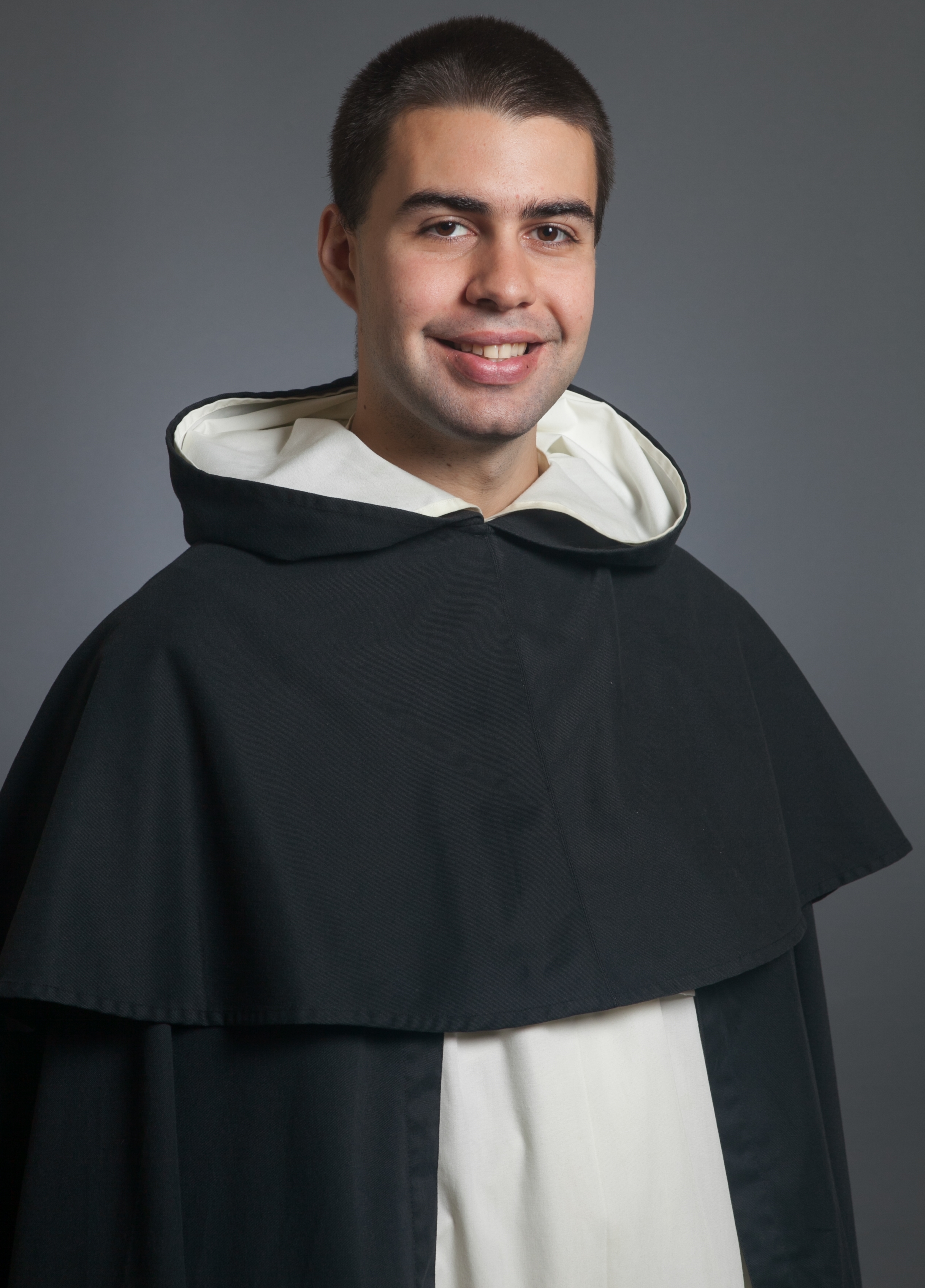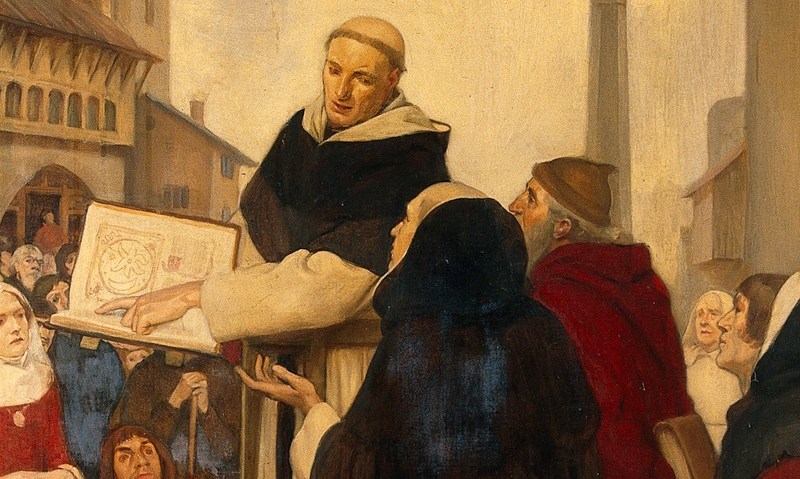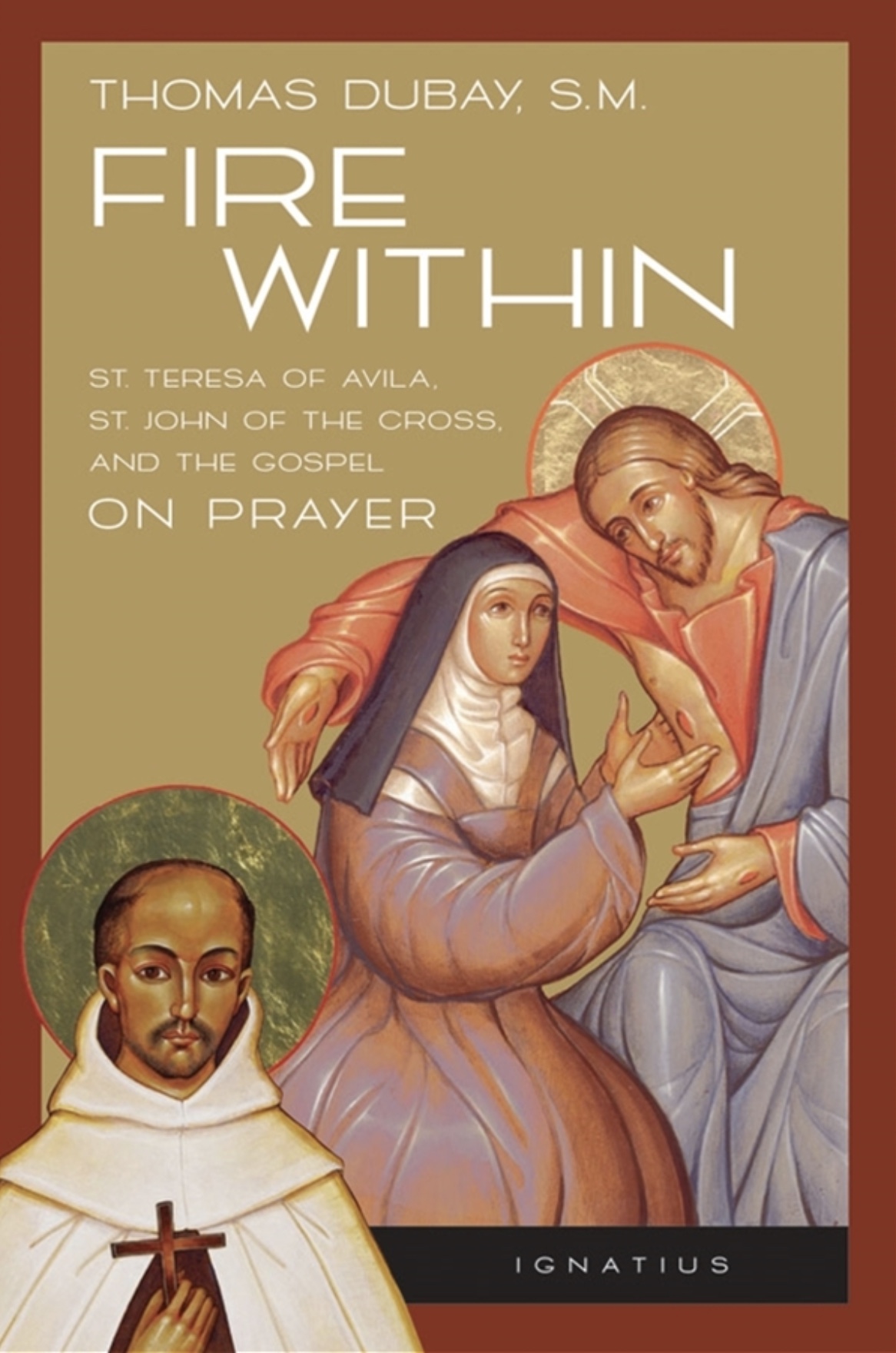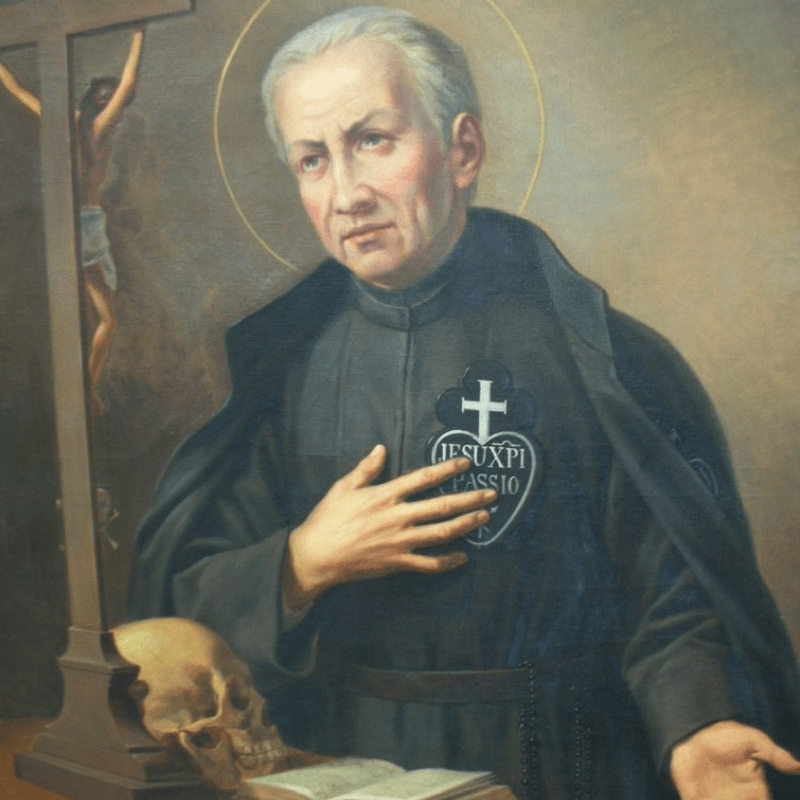
“When I came to you, brethren, I did not come proclaiming to you the testimony of God in lofty words or wisdom. For I decided to know nothing among you except Jesus Christ and Him crucified. ” -(1 Cor 2, 1-2)
“…but we preach Jesus crucified…”
– (1 Cor 1, 23)
St Vincent Strambi, Paul’s first biographer writing only 11 years after his death, stated that the Holy Spirit raised up Paul of the Cross to help people find God in their heart. Paul was convinced that God is most easily found by us in the Passion of Jesus Christ. He saw the Passion as being the most overwhelming sign of God’s love for us, and at the same time our best means for union with Him.
St Paul is most notable for his fervent love for God and his special devotion to the Passion of Jesus. Inspired and led by God, Paul travelled throughout Italy, preaching missions with a particular emphasis on the passion of Jesus. Along with his preaching vocation he was also inspired by God to found a order of Priests and Nuns devoted specifically to the Passion of Jesus. Thus, by the express will of God and through Paul’s continual prayers and sacrifices, he eventually became the founder and was elected the first Superior General of the “Congregation of Discalced Clerks of the Holy Cross and Passion of Our Lord”, more commonly known as the Passionists.
The devil, knowing in advance all the glory that the members of the Passionist Congregation would give to God, and of all the souls that would be snatched from him through their continual acts of sacrifice and penance, sought in earnest to inspire as much opposition as possible, in a hellish effort to block its foundation. And so it was that through many years of toil, sacrifices and sufferings that Paul, with the help of God, eventually founded the Passionist Congregation of Priests, and a few years later the Passionist Nuns.
Paul often spent many hours in prayer and adoration before Jesus crucified. Throughout his many travels while preaching missions and making foundations of his Passionist Order, he always carried with him a large wooden crucifix in honor of our Lord’s Passion, thus he became known by the popular name of “Paul of the Cross”. Undoubtedly the two greatest characteristics of St Paul were his fervent devotion to the Passion of Jesus and also his extraordinary sacrifices and penances that he made for the conversion of sinners.
Throughout his religious life, Paul continuously sacrificed and made special penances and mortification’s for the success of his preaching missions, that many souls may be converted. An example of his many penances was that he went barefoot in all his travels throughout Italy, regardless of the harsh seasons and climates. And God, Who was pleased with the heroic sacrifices and devotion of His servant, chose to perform countless extraordinary miracles through Paul’s intercession and prayers. As he went about doing good, the frequent extraordinary signs from heaven that accompanied him were a sign to all that God was with him in a most remarkable way. Like his holy predecessors the Apostles, immense crowds gathered and followed him as he went about preaching from town to town. His great love for God and his devotion to the Blessed Virgin Mary radiated to the crowds with remarkable unction through both his words and his actions, thereby causing countless conversions everywhere he went. His austere manner of life, full of sacrifices and penances, encouraged the people to make reparation to God for their own sins.

-statue by Ignazio Iacometti, 1876, St Peter’s Basilica, Founder’s statues
St Paul of the Cross, pray for us!
Saint Paul of the Cross, originally named Paolo Francesco Danei, was born on 3 January 1694, in the town of Ovada, Piedmont, between Turin and Genoa in the Duchy of Savoy in northern Italy.
His parents were Luca and Anna Maria Massari Danei. His father ran a small dry-goods store, and moved his family and store from town to town near Genoa trying to make ends meet.[3] Paul was the second of sixteen children, six of whom survived infancy; and learned at an early age the reality of death and the uncertainty of life.[4] Paul received his early education from a priest who kept a school for boys, in Cremolino, Lombardy. He made great progress and at the age of fifteen he left school and returned to his home at Castellazzo. In his early years he taught catechism in churches near his home.
Paul experienced a conversion to a life of prayer at the age of 19. Influenced by his reading of the “Treatise on the Love of God” by Saint Francis de Sales and the direction he received from priests of the Capuchin Order it became his lifelong conviction that God is most easily found in the Passion of Christ.
In 1715, Paul left his work helping his father to join a crusade against the Turks who were threatening the Venetian Republic, but soon realized that the life of a soldier was not his calling. He returned to help in the family business. On his way home he stopped at Novello, where he helped an aging, childless couple until the end of 1716. They offered to make him their heir, but he declined. His uncle, Father Christopher Danei, tried to arrange a marriage, but Paul had no plans to marry. When his uncle died, he kept for himself only the priest’s Breviary.
When he was 26 years old, Paul had a series of prayer-experiences which made it clear to him that God was inviting him to form a community who would live an evangelical life and promote the love of God revealed in the Passion of Jesus. In a vision, he saw himself clothed in the habit he and his companions would wear: a long, black tunic on the front of which was a heart surmounted by a white cross, and in the heart was written “Passion of Jesus Christ”. On seeing it, he heard these words spoken to him: “This is to show how pure the heart must be that bears the holy name of Jesus graven upon it”. The first name Paul received for his community was “the Poor of Jesus”; later they came to be known as the Congregation of the Passion of Jesus Christ, or the Passionists.
With the encouragement of his bishop, who clothed him in the black habit of a hermit, Paul wrote the rule of his new community (of which he was, as yet, the only member) during a retreat of forty days at the end of 1720. The community was to live a penitential life, in solitude and poverty, teaching people in the easiest possible way how to meditate on the Passion of Jesus.
His first companion was his own brother, John Baptist. In the belief that it was necessary to reside in Rome in order to secure approval of the Rule, Paul and John Baptist accepted an invitation of Cardinal Corrandini to help establish a new hospital being founded by the Cardinal. The brothers devoted their energies to providing nursing care and ministered to the pastoral needs of both patients and staff.
After a short course in pastoral theology, the brothers were ordained to the priesthood by Pope Benedict XIII on 7 June 1727, in St. Peter’s Basilica, Rome. After ordination they devoted themselves to preaching missions in parishes, particularly in remote country places where there were not a sufficient number of priests pastorally involved. Paul was known as one of the most popular preachers of his day, both for his words and for his generous acts of mercy. Their preaching apostolate and the retreats they gave in seminaries and religious houses brought their mission to the attention of others and gradually the community began to grow.
The first Retreat (the name Passionists traditionally gave to their monasteries) was opened in 1737 on Monte Argentario (Province of Grosseto); the community now had nine members. Paul called his monasteries “retreats” to underline the life of solitude and contemplation which he believed was necessary for someone who wished to preach the message of the Cross. In addition to the communal celebration of the divine office, members of his community were to devote at least three hours to contemplative prayer each day. The austerity of life practised by the first Passionists did not encourage large numbers, but Paul preferred a slow, at times painful, growth to something more spectacular.
More than two thousand of his letters, most of them letters of spiritual direction, have been preserved.
He died on 18 October 1775, at the Retreat of Saints John and Paul (SS. Giovanni e Paolo). By the time of his death, the congregation founded by Saint Paul of the Cross had one hundred and eighty fathers and brothers, living in twelve Retreats, mostly in the Papal States. There was also a monastery of contemplative sisters in Corneto (today known as Tarquinia), founded by Paul a few years before his death to promote the memory of the Passion of Jesus by their life of prayer and penance.
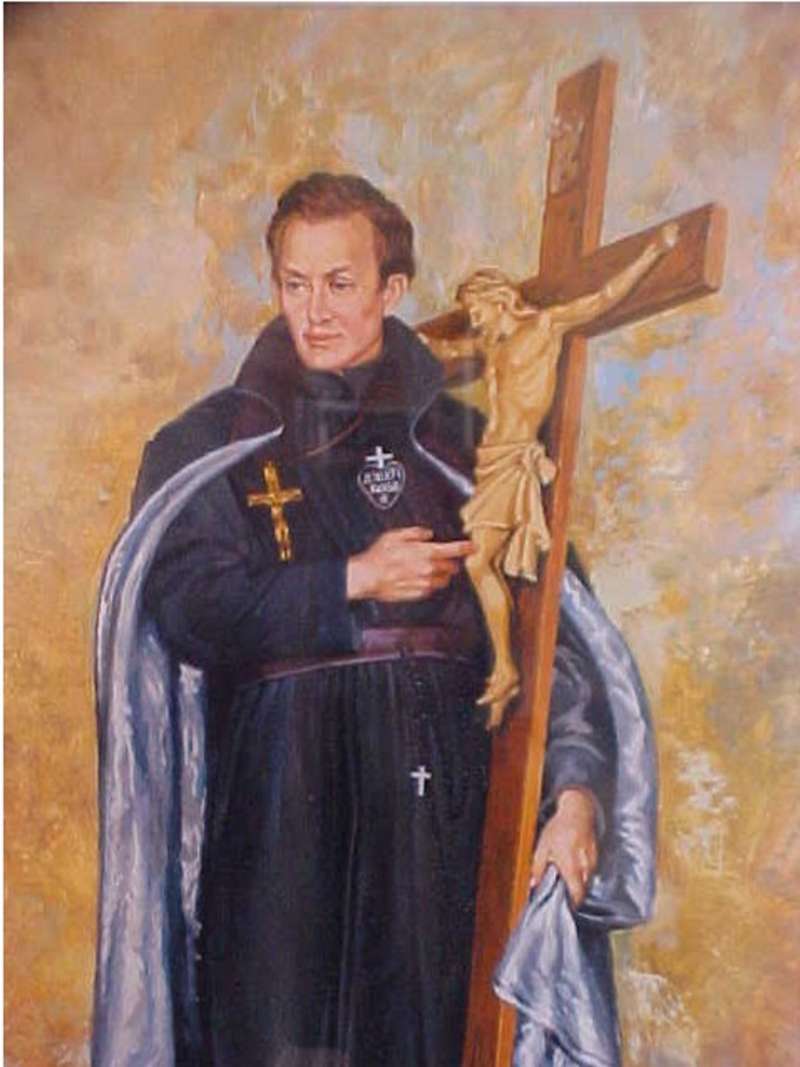
“I want to set myself on fire with love…I want to be entirely on fire with love…and I want to know how to sing in the fire of love.”-St Paul of the Cross
“Look upon the face of the Crucified, Who invites you to follow Him. He will be a Father, Mother–everything to you.”-St Paul of the Cross
“Oh cherished cross! Through thee my most bitter trials are replete with graces!”
-St. Paul of the Cross
“Oh Love, oh fire of charity; how powerful You are!”-St Paul of the Cross
“Entrust yourself entirely to God. He is a Father and a most loving Father at that, Who would rather let heaven and earth collapse than abandon anyone who trusted in Him.”
-St. Paul of the Cross
“I feel pain in seeing my dear God so offended. I could faint from seeing so many souls lost. A desire to convert all sinners will not leave me”
-St Paul of the Cross
“The Cross is the way to Paradise, but only when it is borne willingly.”
–St. Paul of the Cross
“I enjoy remaining on the Cross. How beautiful it is to suffer for Jesus!”…..”I rejoice in the nails that hold me crucified.”-St Paul of the Cross
“Let all creation help you to praise God. Give yourself the rest you need. When you are walking alone, listen to the sermon preached to you by the flowers, the trees, the shrubs, the sky, the sun and the whole world. Notice how they preach to you a sermon full of love, of praise of God, and how they invite you to proclaim the greatness of the One Who has given them being.”
–St. Paul of the Cross
“He that rises after his falls, with confidence in God and profound humility of heart, will become, in God’s hands, a proper instrument for the accomplishment of great things.”
-St. Paul of the Cross
“Ah, my Supreme Good. What were the sentiments of your Sacred Heart when You were scourged? My beloved Spouse, how greatly did the sight of my grievous sins and my ingratitude afflict You! Oh, my only Love, why do I not die for You? Why am I not overwhelmed with sorrow? And then I feel that sometimes my spirit can say no more but remains thus in God with His sufferings infused into the soul- and sometimes it seems as if my heart would break.”-St Paul of the Cross
“Your crosses dear God, are the joy of my heart. How beautiful to suffer with Jesus!”-St Paul of the Cross
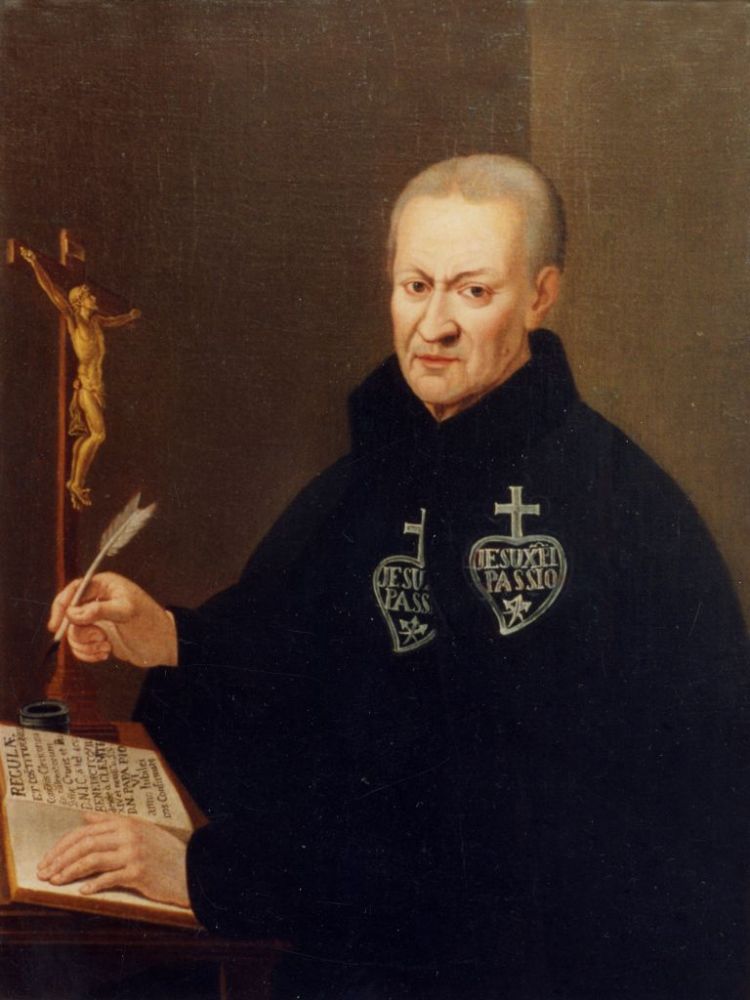
“I hope that God will save me through the merits of the Passion of Jesus. The more difficulties in life, the more I hope in God. By God’s grace I will not lose my soul, but I hope in His mercy.”-St Paul of the Cross
“I am a bottomless pit and deserve no light, so unworthy am I.”-St Paul of the Cross
“Withdraw often into the depths of your being, and there with living faith rest on the breast of God, like a child in the sacred silence of faith and holy love.”
-St. Paul of the Cross
“Christ Crucified is a work of love. The miracle of miracles of love. The most stupendous work of the love of God. The bottomless sea of the love of God, where virtues are found, where one can lose oneself in love and sorrow. A sea and a fire or a sea of fire. The most beneficial means of abandoning sin and growing in virtue, and so in holiness.”-St Paul of the Cross

“At holy Communion I had much sweetness. My dear God gave me infused knowledge of the joy which the soul will have when we see Him face to face, when we will be united with Him in holy love. Then I felt sorrow to see Him offended and I told Him that I would willingly be torn to pieces for a single soul. Indeed, I felt that I would die when I saw the loss of so many souls who do not experience the fruit of the Passion of Jesus.”-St Paul of the Cross
“Oh my Love, what happened to Your heart in the Garden! Oh, what suffering; what shedding of blood! What bitter agony, and all for me!”.-St Paul of the Cross
“I felt pain in seeing my dear God so offended. I could faint from seeing so many souls lost for not feeling the fruit of the Passion of Jesus. A desire to convert all sinners will not leave me.”-St Paul of the Cross
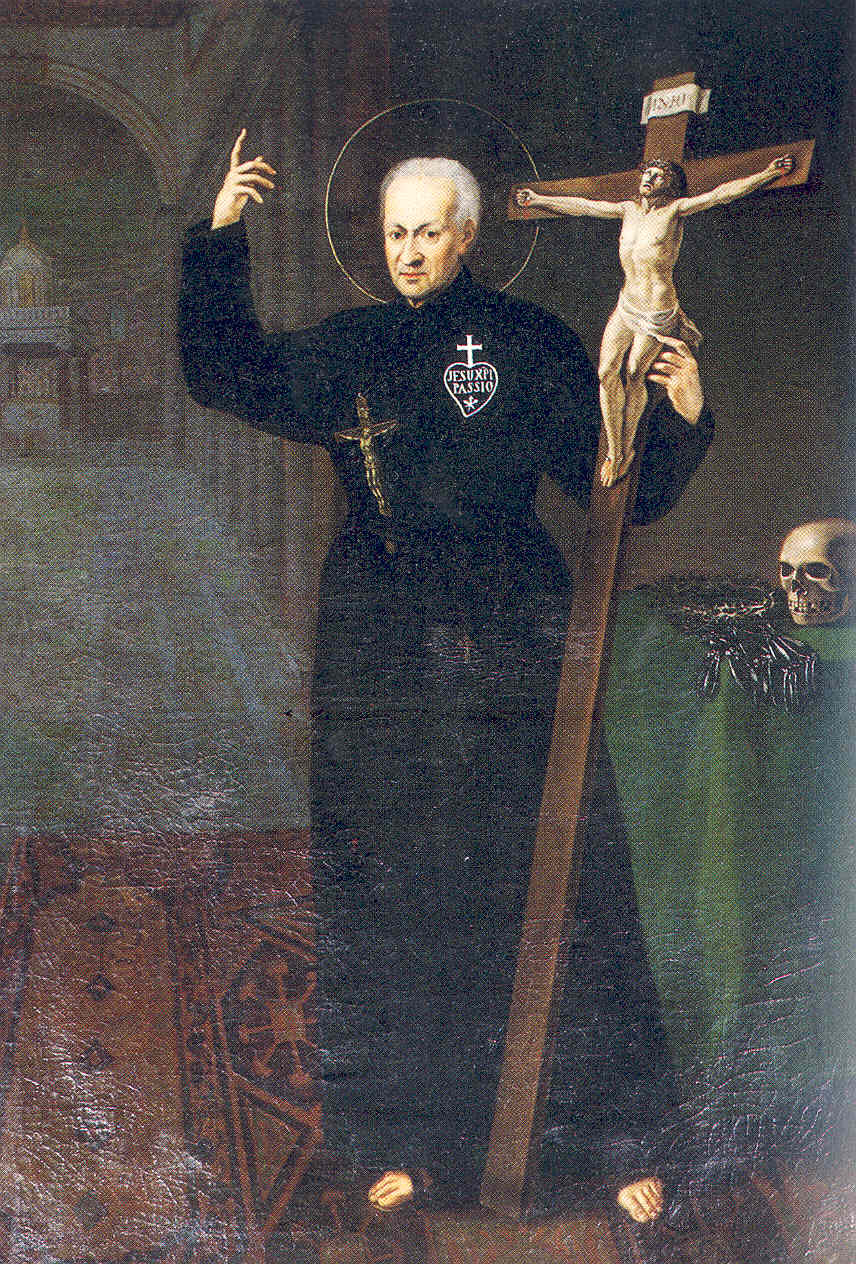
“Oh good Jesus, how swollen, bruised, and defiled with spittle do I behold Thy countenance! O my Love! Why do I see Thee all covered with wounds? Oh infinite sweetness, why are Your bones laid bare? Ah, what sufferings! What sorrows! O my God, why are You all wounded? Ah, dear sufferings! Dear wounds! I wish to keep you always in my heart.”-St Paul of the Cross
“Oh Jesus, my Love, may my heart be consumed in loving Thee; make me humble and holy; give me childlike simplicity; transform me into thy holy love. O Jesus, life of my life, joy of my soul, God of my heart, accept my heart as an altar, on which I will sacrifice to Thee the gold of ardent charity, the incense of continual, humble and fervent prayer, and the myrrh of constant sacrifices! Amen.”-St Paul of the Cross
“The world lives unmindful of the sufferings of Jesus, which are the miracle of miracles of the Love of God.”-St Paul of the Cross

“Oh my good God, how gentle You are! How sweet You are! Oh dear cross, I embrace you and press you to my heart!”-St Paul of the Cross
“We ought to glory in nothing other than the Cross of our Lord Jesus Christ. You are blessed and don’t know it. You have Jesus Crucified with you.”-St Paul of the Cross
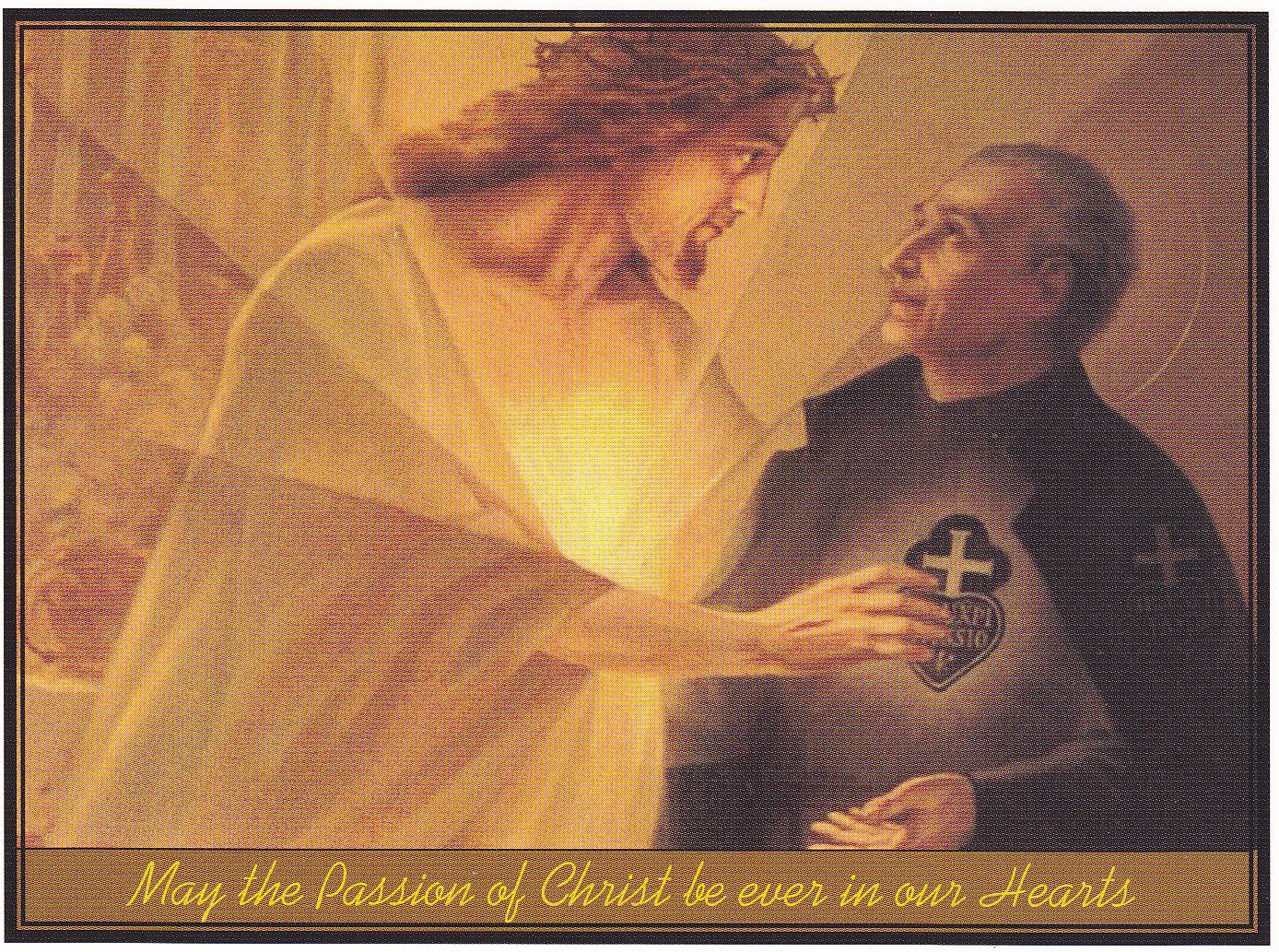
“I place all of my hope and confidence in the Passion of Jesus. Our Lord knows well that I have laboured all of my life to love Him myself, and to make others love Him” –St Paul of the Cross during a serious illness
“Remember that your soul is a temple of the living God. The kingdom of God is within you. Night and day let your aim be to remain in simplicity and gentleness, calmness and serenity so that you will find your joy in the Lord Jesus. Love silence and solitude even when in the midst of a crowd or when caught up in your work. Physical solitude is a good thing, provided that it is backed up by prayer. But far better than this is solitude of the heart, the interior desert in which your spirit can become immersed in God.
-St. Paul of the Cross
“The service of God does not require good words and good desires, but efficient workmanship, fervor and courage.” – Saint Paul of the Cross
“Oh my good God, how gentle You are! How sweet You are! Oh dear cross, I embrace you and press you to my heart!”
-St. Paul of the Cross
“Build an oratory within yourself, and there have Jesus on the altar of your heart. Speak to Him often while you are doing your work. Speak to Him of His holy love, of His holy sufferings and of the sorrows of most holy Mary.”
— St Paul of the Cross
“O souls! Seek a refuge, like pure doves, in the shadow of the crucifix. There, mourn the Passion of your divine Spouse, and drawing from your hearts flames of love and rivers of tears, make of them a precious balm with which to anoint the wounds of your Savior.”
-St. Paul of the Cross
“Oh my God! teach me how to express myself. I wish that I were all aflame with love! More than that: I wish that I could sing hymns of praise in the fire of love and extol the marvelous mercies that uncreated Love has bestowed on us! Do you know what consoles me somewhat? To know that our great God is an infinite good and that nobody is capable of loving and praising Him as much as He deserves.” -St Paul of the Cross
“When you feel the assaults of passion and anger, then is the time to be silent as Jesus was silent in the midst of His ignominies and sufferings.” -St Paul of the Cross
“Beginners in the service of God sometimes lose confidence when they fall into any fault. When you feel so unworthy a sentiment rising within you, you must lift your heart to God and consider that all your faults, compared with divine goodness, are less than a bit of tattered thread thrown into a sea of fire. Suppose that the whole horizon, as far as you can see from this mountain, were a sea of fire; if we cast into it a bit of tattered thread, it will disappear in an instant. So, when you have committed a fault, humble yourself before God, and cast your fault into the infinite ocean of, charity, and at once it will be effaced from your soul; at the same time all distrust will disappear.” -St Paul of the Cross
“I hope that God will save me through the merits of the Passion of Jesus. The more difficulties in life, the more I hope in God. By God’s grace, I will not lose my soul, but I hope in His mercy.” -St Paul of the Cross
“Be thankful for your precious trials, both interior, and exterior; it is thus that the garden of Jesus is adorned with flowers, that is, with acts of virtue!” -St Paul of the Cross
“The more deeply the cross penetrates, the better; the more deprived of consolation that your suffering is, the purer it will be; the more creatures oppose us, the more closely shall we be united to God.” -St Paul of the Cross
“What an honor God confers on us when He calls us to travel the same road as His divine Son!” -St Paul of the Cross
“Sickness is a great grace of God; it teaches us what we are; in it, we recognize the patient, humble, and mortified man. When sickness weakens and mortifies the body, the soul is better disposed to raise herself up to God.” -St Paul of the Cross
“Therefore, be constant in practicing every virtue, and especially in imitating the patience of our dear Jesus, for this is the summit of pure love. Live in such a way that all may know that you bear outwardly as well as inwardly the image of Christ crucified, the model of all gentleness and mercy. For if a man is united inwardly with the Son of the living God, he also bears His likeness outwardly by his continual practice of heroic goodness, and especially through a patience reinforced by courage, which does not complain either secretly or in public. Conceal yourselves in Jesus crucified, and hope for nothing except that all men be thoroughly converted to His will.” -St Paul of the Cross
“Do not live any longer in yourself, but let Jesus Christ live in you in such a way that the virtue of this Divine Savior may be resplendent in all your actions, in order that all may see in you a true portrait of the Crucified and sense the sweetest fragrance of the holy virtues of the Lord, in interior and exterior modesty, in patience, in gentleness, suffering, charity, humility, and in all others that follow.” -St Paul of the Cross
“Courage, my daughter, let us go on preparing ourselves also with a total detachment from all that is created. I see that God desires that you be despoiled of everything and have no happiness beyond the happiness of doing the Holy Will of the Highest Good, reposing with deep humility on his loving bosom.” (St. Paul of the Cross, Letter 101)
“Now I say again what I said at other times, that is, these external manifestations, such as perfumes, lights, visions, etc., are always to be suspected. For this reason they are to be rejected constantly with the spirit of humility and confidence in God. If they are from God, they will have their effect. If not, by banishing them you do not give the devil a chance to deceive you. Therefore, I repeat that you be vigilant and not take stock in these things, but rather in virtues. Study to walk in faith.” (Letter 102)
“I prefer that we walk in faith. This is surely the safe way. “Obscure faith, sure guide of holy love. Oh, what sweetness its certitude enriches my heart.” So sang a devout soul. Divine apparitions, when they are truly from God, at first cause a holy fear, a holy fright arising from the knowledge the soul has of God‘s greatness. Then they cause a great peace and union with God, along with a heavenly understanding and with much knowledge of one’s nothingness, along with strong affections. They produce other marvelous effects in the soul. Sometimes they do not bring on this holy fear, but the soul remains clothed with so much light in living faith which generates an ardent love for the object loved, along with other effects noted above…
The time will come when your mind will clear, that is, will become obscure, and you will walk more in faith. These sensible things will cease, which, while they may be good, they are things for babes on milk. The just one lives by faith. “Oh dark night, night more lovely than day. Night which can unite the lover and the beloved, the lover transformed into the beloved.” So sang a great saint. He sang of the night of holy prayer in faith but he sang of a night brighter than day.” (Letter 103)
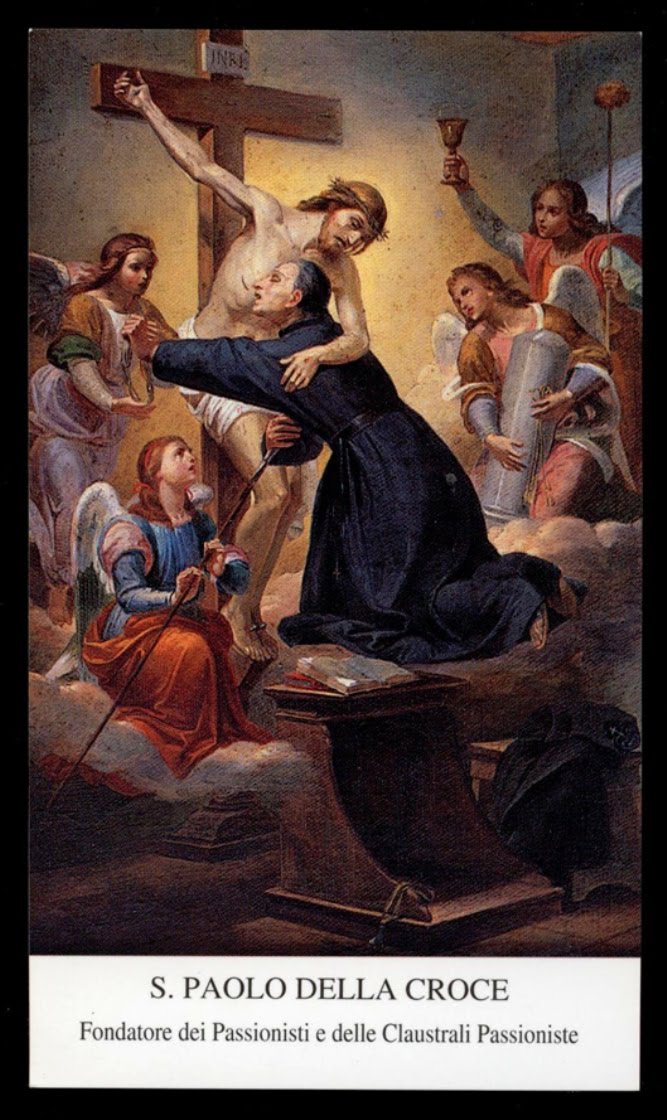
O’ glorious Saint Paul of the Cross, you were chosen by God to profess to all of humanity the bitter sufferings of His only-begotten Son, and to spread devotion to the Passion of Jesus throughout the world.
By your preaching and holy example Jesus converted thousands of sinners through you by bringing them to the foot of the Cross to repent of their sins, thereby obtaining for them His infinite forgiveness and mercy! May Jesus be blessed for His extraordinary grace that was so often made present in your life, and for the many miracles He worked through you for the conversion of souls!
O’ blessed St Paul of the Cross, turning towards you now I ask that from your place with Jesus and Mary in heaven that you may look mercifully upon my poor soul and hear my prayers, and with all of your love humbly present them to Jesus for me.
Obtain for me also a great love of Jesus suffering, that by frequent meditation on His Passion I may take up my own cross and accept with holy resignation the sufferings that God has permitted in my life. Help me to suffer and to sacrifice in union with Jesus for the conversion of my poor soul, the souls of my loved ones, and for all of humanity. Help me to love Jesus and Mary with all of my heart, and intercede for me that I may, by the grace of God, die a holy death, and come at last to enjoy with you the blessed Presence of Jesus and Mary in Heaven for all of eternity.
May the Priest Saint Paul, whose only love was the Cross, obtain for us Your grace, O Lord, so that, urged on more strongly by his example, we may each embrace our own cross with courage. Through our Lord Jesus Christ, your Son, who lives and reigns with you in the unity of the Holy Spirit, one God, for ever and ever.
May Your grace, O Lord, we pray, at all times go before us and follow after and make us always determined to carry out good works. Through our Lord Jesus Christ, your Son, Who lives and reigns with You in the unity of the Holy Spirit, one God, for ever and ever.


Love & His Passion,
Matthew

